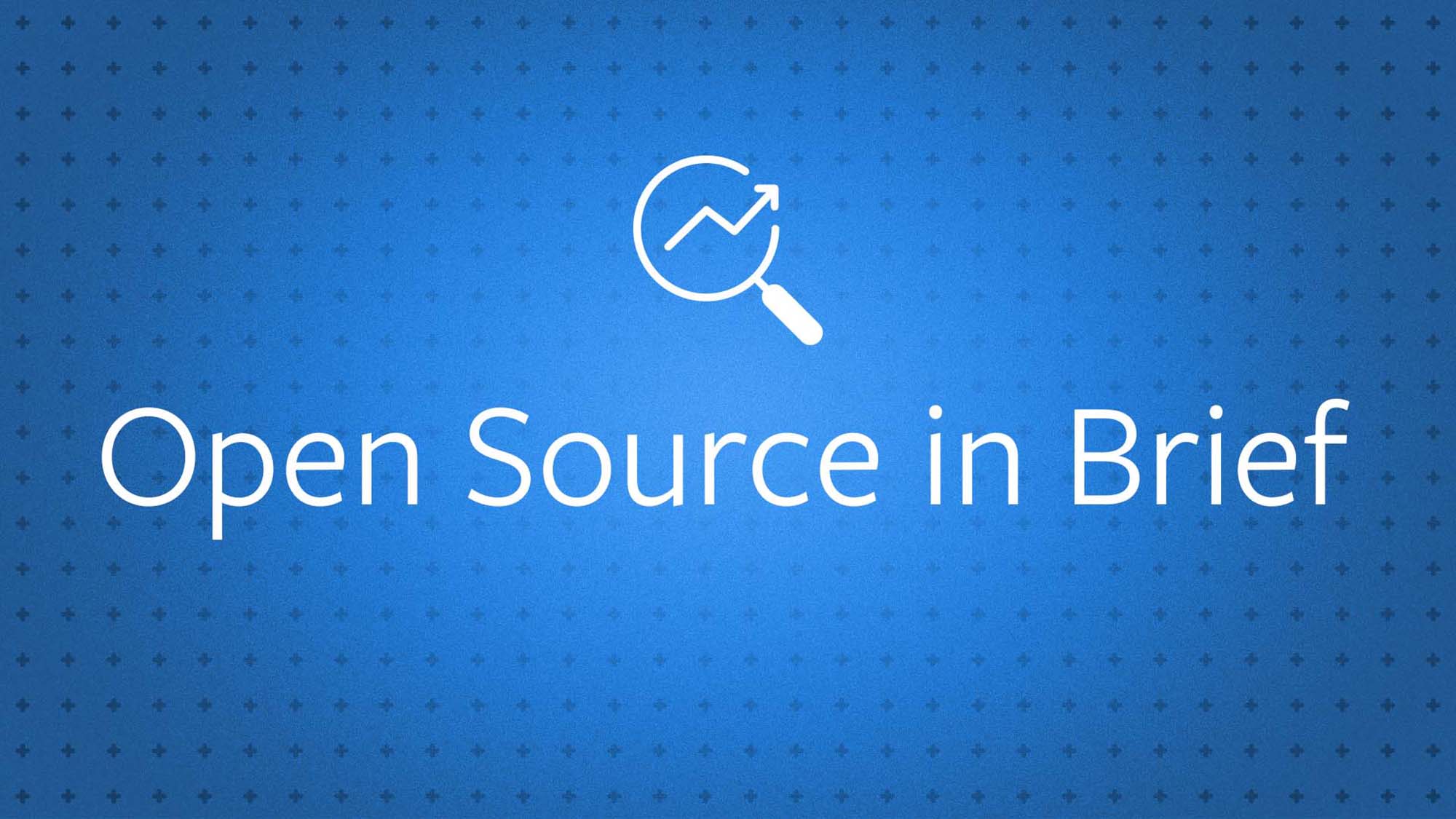What it is:
Hydra is a lightweight framework that simplifies the development of Python applications, especially complex ones, by introducing the ability to compose and override configurations. Hydra makes it easier to add functionality to projects to accommodate new use cases and requirements without having to rewrite significant portions of code. Hydra also dramatically reduces the need for some forms of boilerplate code that are common in complex applications, such as defining command-line flags, manipulating configuration files, and configuring logging. Hydra’s flexible approach to developing, creating, and maintaining code and configurations can help speed the development of complex applications in various fields, including machine learning research.
What it does:
Hydra offers an innovative approach to composing an application’s configuration, allowing changes to a composition through configuration files as well as from the command line. This addresses challenges that can arise when modifying a config, such as having to maintain many slightly different copies of a configuration, or adding custom logic to override individual configuration values. Hydra eliminates those problems by allowing a configuration to be composed and overridden just before the application runs.
The framework’s other features include:
-
Dynamic command-line tab completion, which helps with discoverability of complex configurations and reduces user errors
-
The ability to launch applications locally or remotely, allowing users to take advantage of more resources than are locally available
-
The ability to run multiple jobs with different arguments with a single command, eliminating the need for related support scripts
All these capabilities address common challenges when engineering complex applications. Hydra speeds development of such applications while reducing the chances of bugs, and it enables code to evolve more naturally in response to new requirements.
Why it matters:
Hydra is already in use at Facebook to prototype complex research projects. We expect to continue using the Hydra framework for building and running research code at the company. But code inflexibility is a widespread challenge, and by open-sourcing Hydra we hope that the wider industry uses it to accelerate the development of research code and complex applications that are adaptive to new requirements and generally improve researcher and developer efficiency. Hydra is available to use now, and its pluggable architecture allows for future support for additional features, whether through internal development or community-driven efforts.










